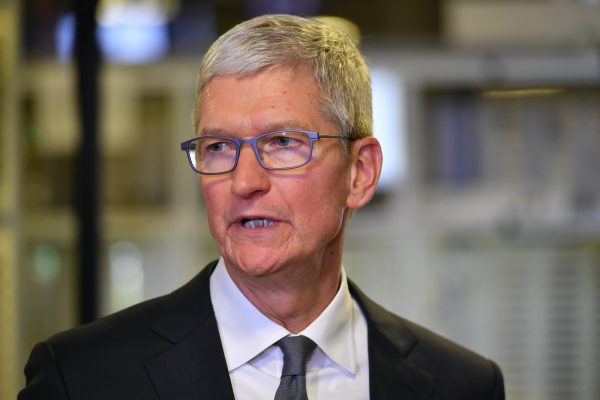

DENTON: It wasn't explicitly up for sale. DENTON: Sorry, could you repeat that?ĬONAN: A bidding process. And we were initially skeptical, but as we looked into it further, then it became more and more apparent that this was quite possibly the next-generation iPhone.ĬONAN: And I gather this was sort of a bidding process. DENTON: We, as well as a couple of other websites, received an email last week with some blurry photographs of a device that looked like a rather hard-edged version of the current iPhone. Can you tell us how this device made it from a barstool in the Bay Area to Gizmodo? NICK DENTON (Founder, Publisher, Gawker Media): Hi, how's it going?ĬONAN: It's going fine. Nick Denton, nice to have you today on TALK OF THE NATION. Joining us now by phone from his office in New York City is Nick Denton, founder and publisher of Gawker Media, which owns Gizmodo. Later this hour, we'll remember civil rights pioneer Dorothy Height. And if you have questions about the saga of the secret iPhone, give us a call at 80. We want to hear about your most embarrassing workplace gaffe. It could have happened to anybody, right? In just a moment, we'll speak with Nick Denton of Gawker Media and Jesus Diaz of Gizmodo about the so-called secret iPhone, but consider the plight of the hapless engineer. Suffice to say, Apple CEO Steve Jobs' product launch may not pack the punch he once planned for. Long story short, it ends up in the hands of Gizmodo, a tech blog owned by Gawker Media, and Apple, perhaps the most airtight and security-obsessed organization in Silicon Valley, has to write a letter to Gawker to ask for its property back. Im Neal Conan in Washington.įile this in the catalog of work-related nightmares: An Apple engineer goes to a bar to celebrate his 27th birthday and leaves behind a working prototype of the super-secret, next-generation Apple iPhone. "It wasn't explicitly up for sale," he tells NPR's Neal Conan, but "we've never made any secret of the fact that if the story demands it, we will give rewards, bounties for exclusive stories like this one."ĭenton says that many "tech conspiracy theorists" have speculated Gizmodo is in cahoots with Apple, "but if you actually think about the history of Apple, their reputation of being an extremely secretive company, they have never ever leaked significant information before a product launch." And beyond that, Denton insists, "it's just not true." They eyed the photos suspiciously at first, Denton says, adding: "But as we looked into it further, it became more and more apparent" that the device was legitimate.ĭenton and Gawker media offered $5,000 to the middleman for the 4G. "We, as well as a couple of other websites, received an e-mail last week with some blurry photographs of a device that looked like a rather hard-edged version of the current iPhone," Denton says.

Nick Denton says Gizmodo acquired the iPhone 4G despite initial skepticism. The test phone was found, and eventually sold to editors at, who shared Apple's secrets with the world. The strange story of a lost iPhone prototype was no publicity stunt, says the founder and publisher of Gawker media, which shared Apple's secrets with the world via. The Times said the reason is simple: Apple does not want to damage its massively popular brand with anything controversial.The Apple iPhone 4G prototype (left) and 3GS. Aside from crossing Cook, the report said creators have been told not to antagonize China, have gratuitous nudity or violence, or, in one case, crucifixes.Īpple TV+ has only a handful of shows with an MA (mature audience) rating, mostly for language.

The Times noted that the “Scraper” incident shows the fine line that creators must toe now that one of the world’s richest companies is now a media gatekeeper, sacrificing creative freedom for practical, corporate-friendly considerations. Gawker had a decidedly adversarial relationship with Apple: Its sister site, Gizmodo, wrote in 2010 about an iPhone 4 prototype it acquired when it was left at a bar, months ahead of its public release - sparking a police raid on an editor’s house - and Gawker outed Cook as gay in 2011.įor years, Gawker reveled in poking the powerful, until meeting its demise in 2016, after a lawsuit backed by tech mogul Peter Thiel bankrupted it. The plug was quickly pulled on the project, which is now searching for a new production partner. But development of the show took Cook by surprise, the Times reported, and he expressed his disapproval of Gawker in an internal email.


 0 kommentar(er)
0 kommentar(er)
